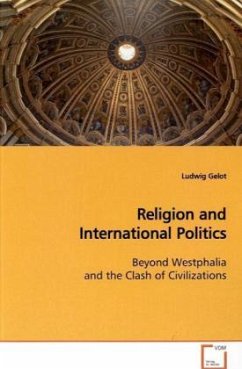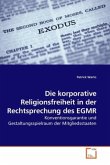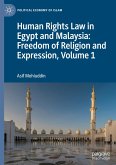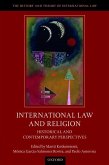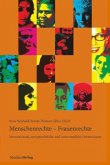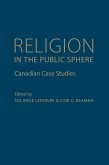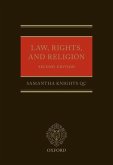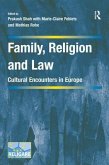The current resurgence of religion confronts
Westphalian International Relations with a
fundamental challenge. The rise of a variety of
religious fundamentalisms on a worldwide scale
brings back to centre stage the question of the
righful role religion should play in world politics.
In 'Religion and International Politics', Ludwig
Gelot demonstrates that the transnational and
religious dimensions of the phenomena call for the
develpoment of a new analytical framework and
interpretive categories. As a matter of fact, the
secularist, materialist, and positivist assumptions
at the heart of modern international relations are
inadequate for the proper understanding of
fundamentalism. Likewise, Samuel Huntington s thesis
of the Clash of Civilizations is found to be
wanting.
The author concludes that the most challenging
dimension of the return of religion is its
questioning of the West's reliance on reason as the
sole source of knowledge and authority.
Westphalian International Relations with a
fundamental challenge. The rise of a variety of
religious fundamentalisms on a worldwide scale
brings back to centre stage the question of the
righful role religion should play in world politics.
In 'Religion and International Politics', Ludwig
Gelot demonstrates that the transnational and
religious dimensions of the phenomena call for the
develpoment of a new analytical framework and
interpretive categories. As a matter of fact, the
secularist, materialist, and positivist assumptions
at the heart of modern international relations are
inadequate for the proper understanding of
fundamentalism. Likewise, Samuel Huntington s thesis
of the Clash of Civilizations is found to be
wanting.
The author concludes that the most challenging
dimension of the return of religion is its
questioning of the West's reliance on reason as the
sole source of knowledge and authority.

